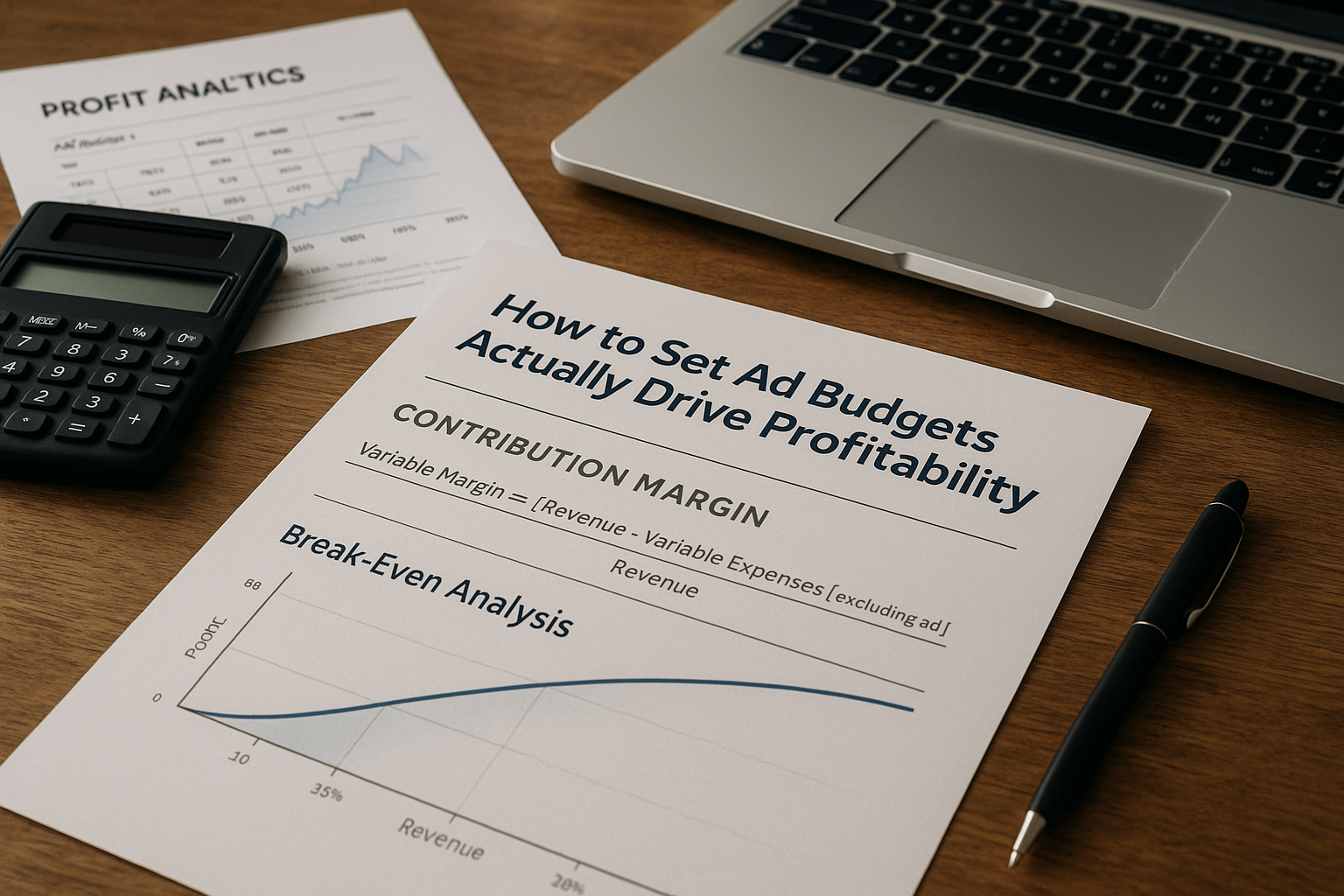These Mistakes Absolutely Crush Startups

Based on how BottleKeeper was built, which grew from $0 to $8m+ in sales in just 3 years with no employees, investors or debt, we have a pretty good handle on how to create structured and efficient solutions that function without constant attention. Yet there are a number of consistent mistakes that we’ve observed while working with a number of early-stage consumer brands.
Here are some areas that can be particularly disastrous:
Outsourcing roles that you don’t understand
The concept of ‘outsourcing’ can carry both a positive and negative connotation – I suppose it depends on how you’re looking at it. Sure, it’s a great way to save on costs, and we did a lot of it at BottleKeeper, but there can be major downside risk as well – particularly if/when you don’t know how to operate the role you’re attempting to outsource.
The challenge is that it’s impossible to hold another person or entity accountable for an aspect of the business that you don’t fully understand, resulting in an outsourced role with no guidance or management. We didn’t outsource anything early on, except for manufacturing, until we had done the roles ourselves and successfully learned how operate them. This provided us with a major advantage and allowed BottleKeeper to scale rapidly.
There are some things that are great to outsource:
- Manufacturing
- Fulfillment (when you’re big enough, more on this below)
And there are some not great things to outsource:
- Marketing/paid media (more on this in point 2)
- Copy/content (if you rely on others for your early brand and voice, you’ll never fully control it)
- Website and acquisition channel optimization and strategy
- Fulfillment*
*When you’re starting out, you/your company should fulfill all orders — this will help you learn the requirements and processes, while ensuring your early customers are getting top notch service that is required. If you go to fulfillment too early, there is a good chance that your company won’t get the needed attention because you’ll be a small fish in an enormous pond.
Using marketing agencies
I’ve seen this over and over; a company thinks that an ‘expert’ marketing agency can operate their paid advertising better, so they hand them the keys to the revenue machine and walk away. This is a recipe for disaster.
I’m not suggesting that all ad agencies are bad – some are quite good. What I am instead saying is that they don’t know how to run your company because, well, they’re ad experts and not business owners. What you need from them is to manage your ad spend from the position of profitability, what’s good for the company, but they don’t know what makes your company run efficiently. Expecting this from an ad agency is unrealistic and placing your income stream into a situation with unrealistic expectations could be a disaster.
It’s not to say that using an agency can’t work, you’ll just need to deeply understand your business and the financials/metrics/KPIs that influence the bottom line, while also being capable of implementing structure to properly manage the agency so that they don’t go off the “we get paid when we spend more of your money” rails.
Side note: the above is exactly what Pentane is built for. Here’s a company that increased revenue 234% in 3 months and became profitable…
Focusing on too many things at once
We only have 100% of our time to split into all the different things we want to accomplish in your business. If you put this time into a pie chart, visualize cutting that pie into the number of slices that are applicable to your situation. Have 10 slices in your pie? Well, you can now dedicate just 10% of your time to each of those slices – which means you’re going to do none of them well.
Instead, you need to focus on becoming exceptional at one thing. Then rinse and repeat – at least until that concept has been flushed out and is flourishing.
Taking too long to make decisions
One of the aspects of a startup or early-stage business that makes them so powerful is agility. We can move on a dime and shift in a second, which is incredibly important. That said, I’ve seen quite a few new (and some not-so-new) entrepreneurs really struggle with the demand of fast paced decisions.
This spells disaster.
Important decisions inside a young company happen fast and, frankly, it’s far better to make the wrong decision and learn from the outcome than it is to take too long. So please, decide, commit, and learn.



